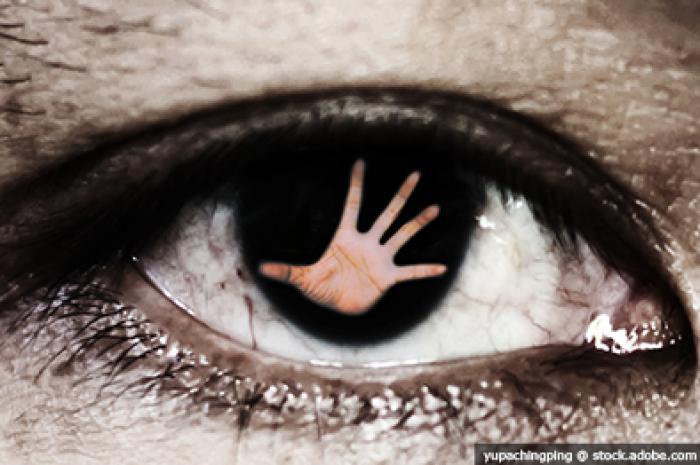Violence and harassment across Europe much higher than official records

“The great difference between official crime figures and people’s experiences of crime shed light on the true extent of crime in the EU. The findings tell us that young people, people who do not identify as heterosexual, and people with disabilities are particularly affected by crime,” says FRA Director Michael O’Flaherty. “The EU has legislation to meet the rights of crime victims, as underpinned by the EU Charter of Fundamental Rights. National governments need to do more to grant victims their rights and provide the support they need.”
Victims are often unaware of their rights or left voiceless. They do not report crimes because of fear of retaliation or intimidation from offenders.
FRA’s report ‘Crime, safety and victims’ rights’ should guide national policymakers as they deliver on their international commitments and the EU’s victims’ rights laws. It complements the EU Strategy on victims’ rights which aims to empower victims of crime to report it more frequently. It calls for Member States to:
- Ensure access to justice: Nearly one in 10 people in the EU (9 %) experienced violence within five years of the survey, ranging from 3 % to 18 % depending on the country. For harassment, it is 41 % in the EU – ranging from 15 % to 62 % nationally. Countries should provide all victims, including the most vulnerable, with appropriate information, support and protection, and enable their participation in criminal proceedings. This also applies to online settings.
- Offer targeted support: Close to a quarter of young people (23 % of 16-29 year-olds) and a fifth of people who identify as LGBTI (19 %), have a disability (17 %) or are from an ethnic minority (22 %) report that they were victims of physical attacks in the last five years. Countries should pay particular attention to the specific needs of various groups to better protect them from violence. They should also inform them about their rights in ways that they understand.
- Support women better: Over a third of physical violence against women (37 %) takes place at home, with psychological after effects for 69 % of the victims. Close to three in four sexual harassment incidents (72 %) against women are perpetrated by someone they do not know. Most of these incidents happen in public. Countries should ensure a gender-sensitive approach when it comes to legal sanctions, education and training, protection and support for victims’ rights. This includes crime prevention through educating men, who are mostly the perpetrators.
- Facilitate crime reporting: Only a third (30 %) of victims report their physical attack and a tenth (11 %) their incident of harassment to the police. Reporting levels differ across countries, reflecting cultural differences and varying levels of trust. People who are older, have lower education levels, or struggle to make ends meet are generally less willing to engage law enforcement. Countries need to do more to encourage and make it easier for people to report crimes. This includes using other avenues, like civil society or healthcare services to capture incidents of crime, to inform victims about their rights and refer them to relevant support services.
The report captures the views of 35,000 people and their experiences of violence, harassment, burglary and consumer fraud, and the impact on victims. The results also examine people’s views on safety and their willingness to act when witnessing a crime.
It is one of a series of reports looking at people’s views and experiences of fundamental rights. The findings draw on responses to FRA’s Fundamental Rights Survey from across all EU Member States, North Macedonia and the United Kingdom. It ran from January to October 2019.
Ipsos MORI collected the data on behalf of FRA, in cooperation with Statistics Netherlands (CBS) in the Netherlands, the Centre des Technologies de l’Information de l’Etat (CTIE) in Luxembourg and Statistics Austria in Austria.
For more, join FRA’s online panel debate ‘Crime, victims and rights: what can EU countries do to strengthen victims’ rights?’ at 10:30 CET on 19 February 2021.
Visit the Q&A, the online data explorer in the press pack or contact: media@fra.europa.eu / Tel.: +43 1 580 30 653